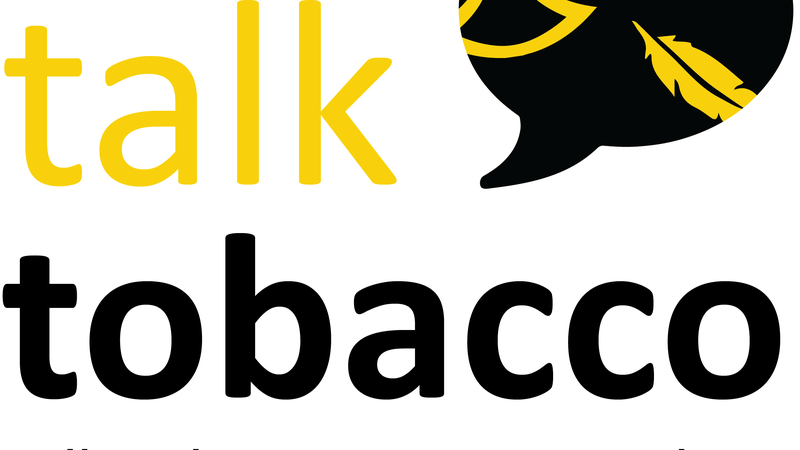
Overdose and addictions awareness: Richard Lea’s story
August 31 was Overdose Awareness Day – an international campaign to prevent toxic drug poisonings, and remember, without stigma, those who have suffered from addiction and those who have died.
paNOW’s Susan McNeil spoke with several addicts who shared how addiction impacted their life and those around them. More importantly, they wanted to show others that recovery is possible.
This is the third of four stories that will be published over the course of the weekend
—



